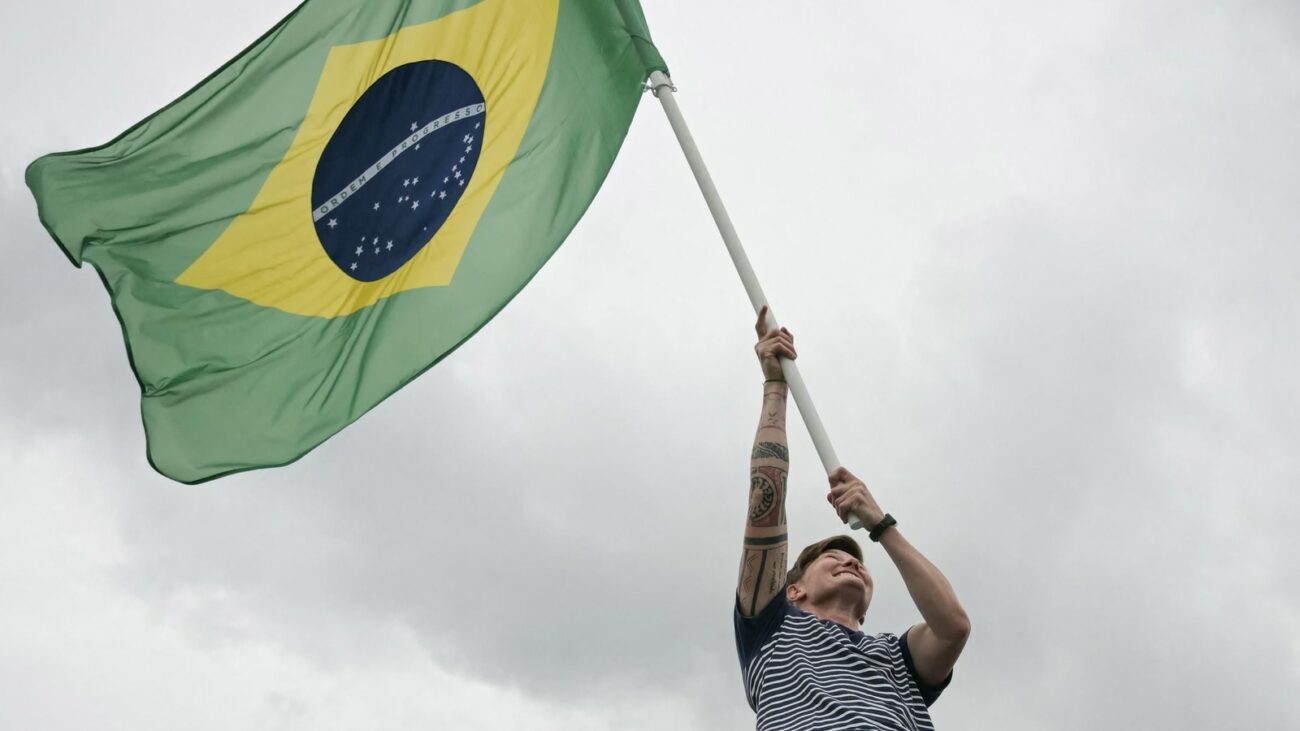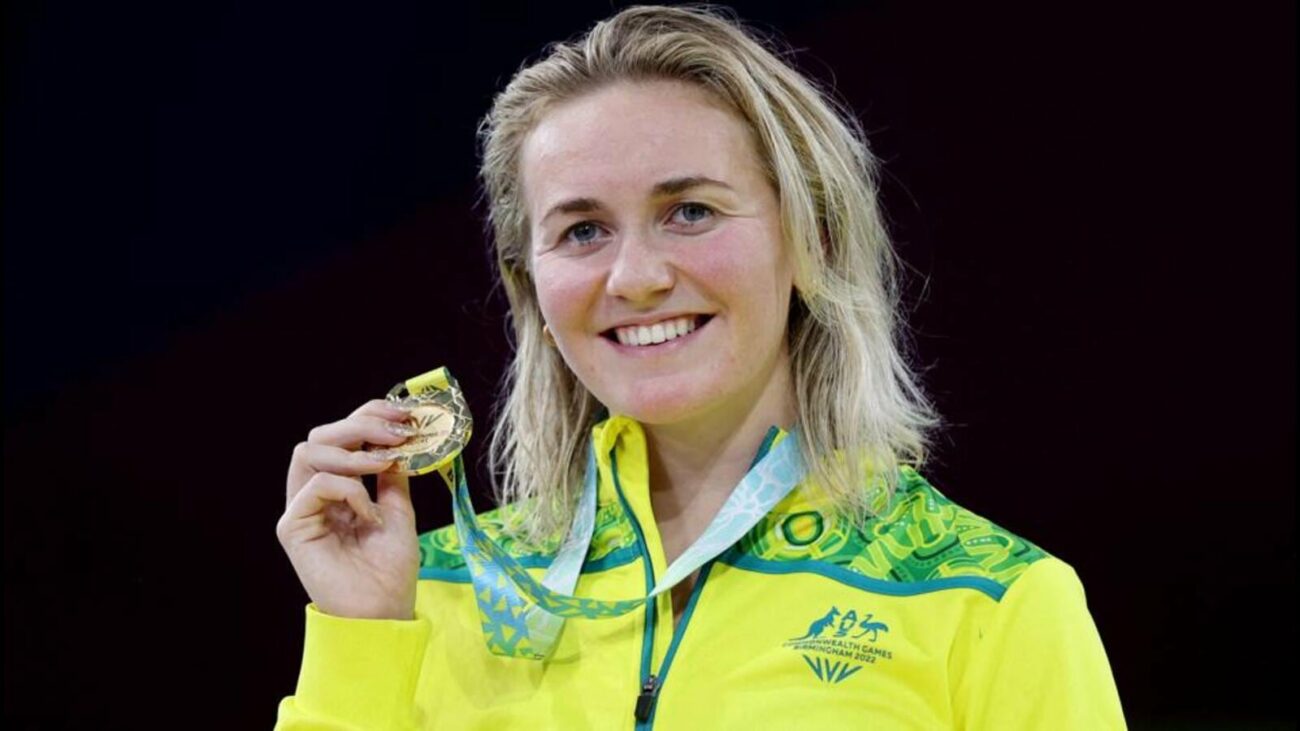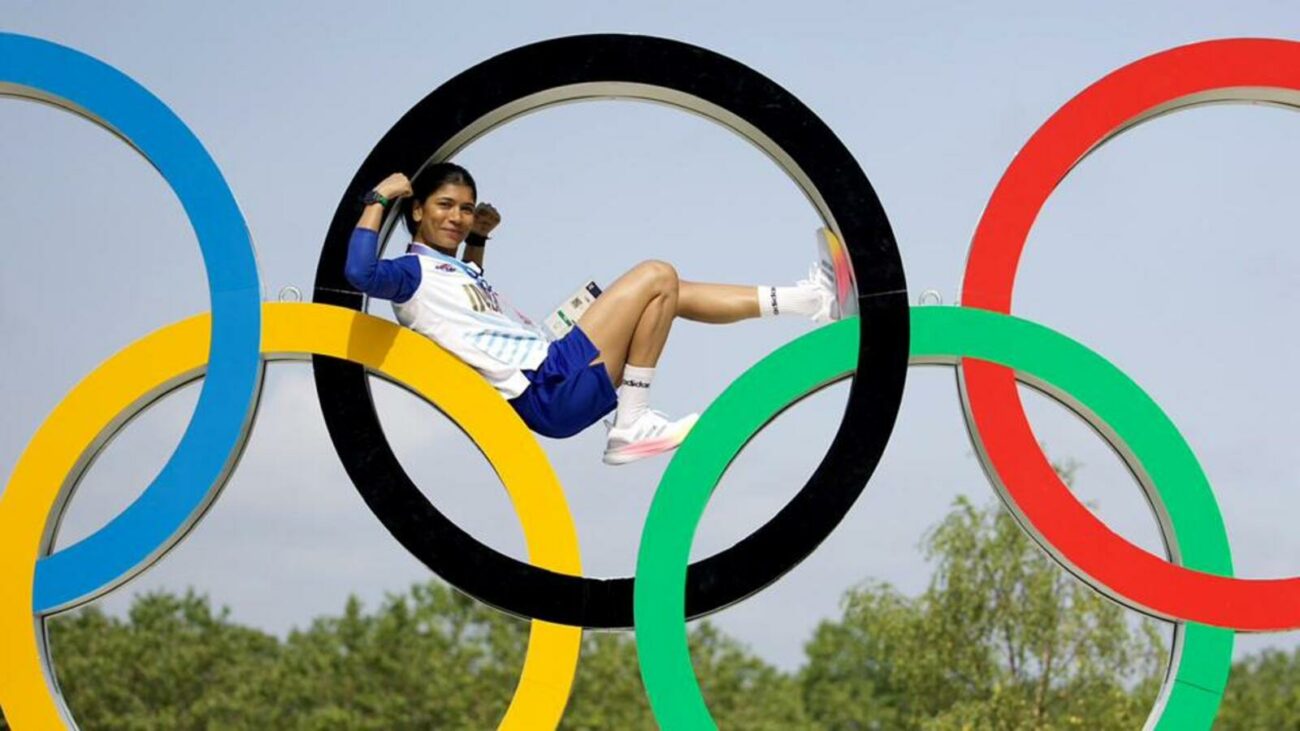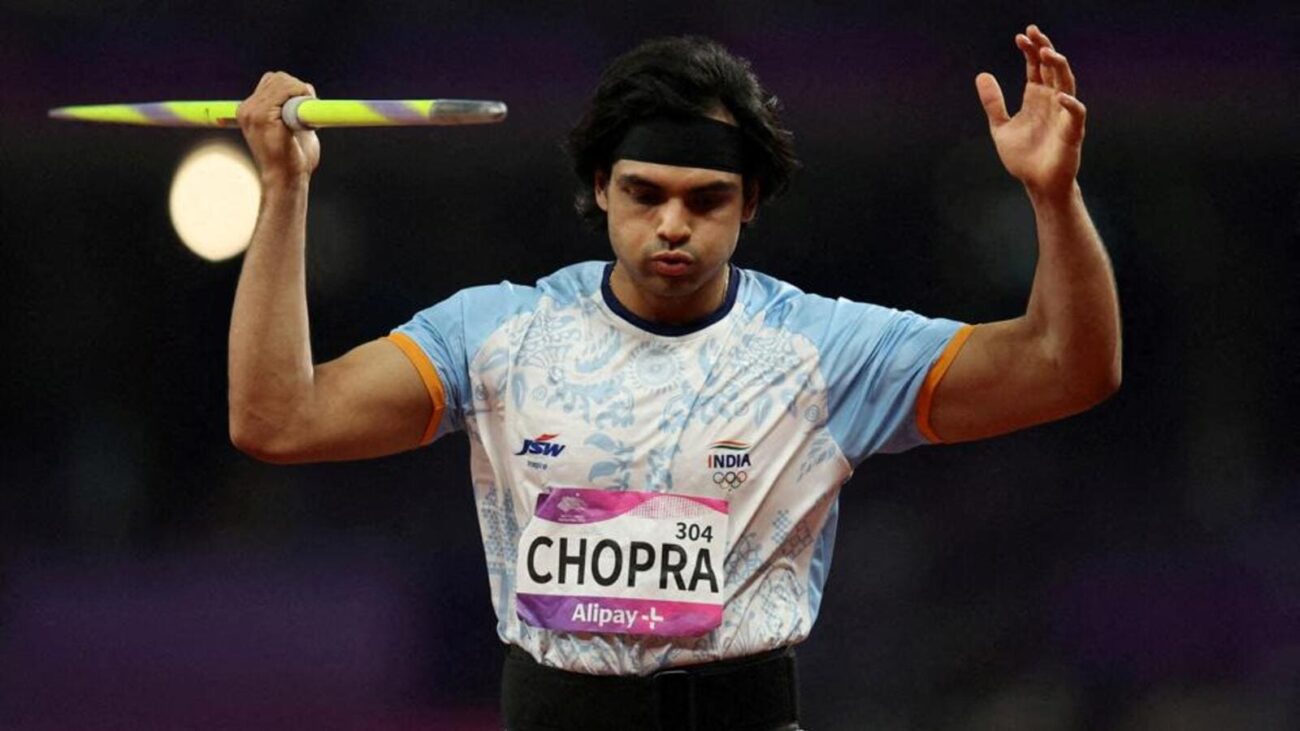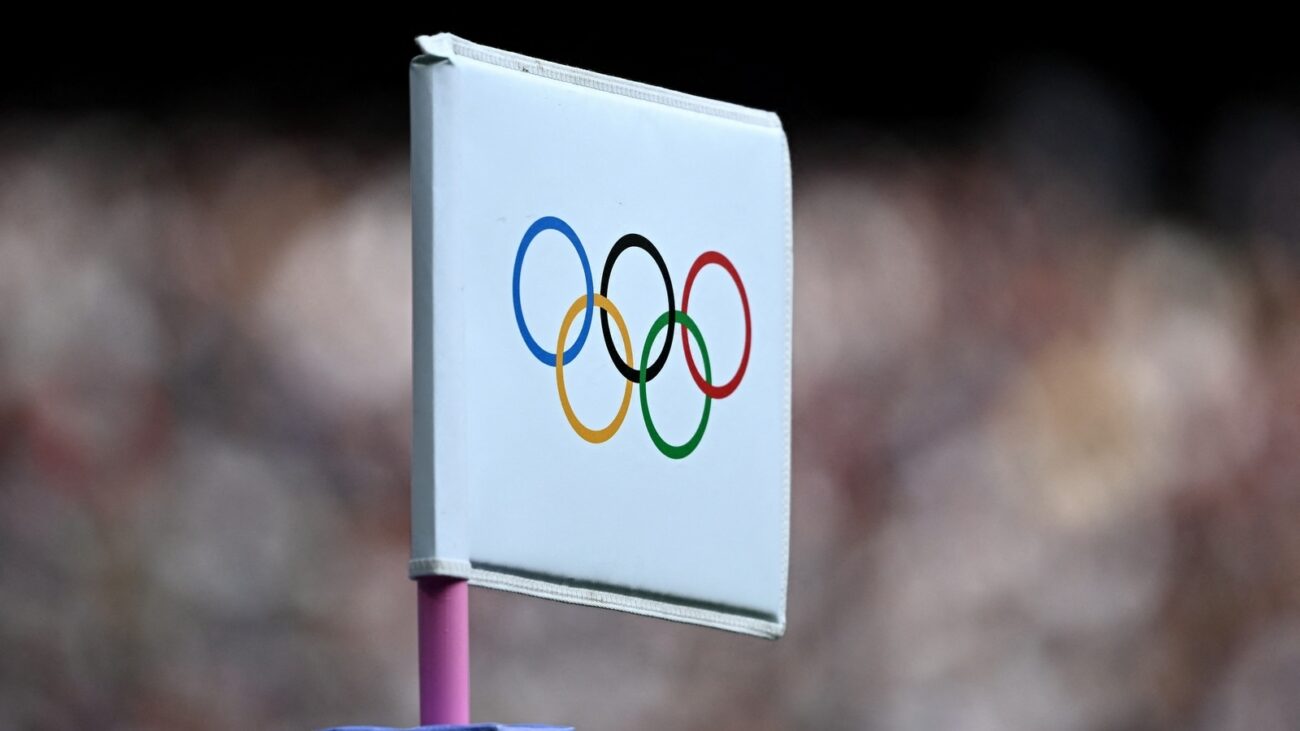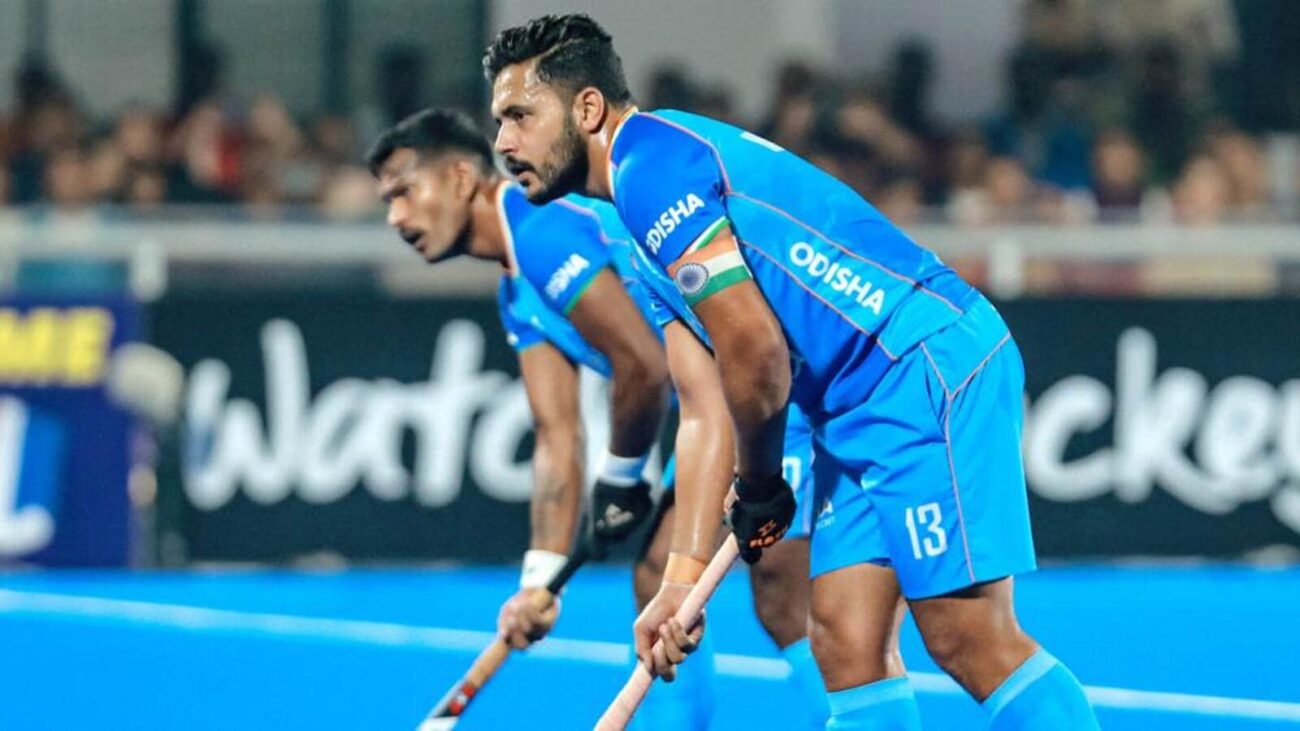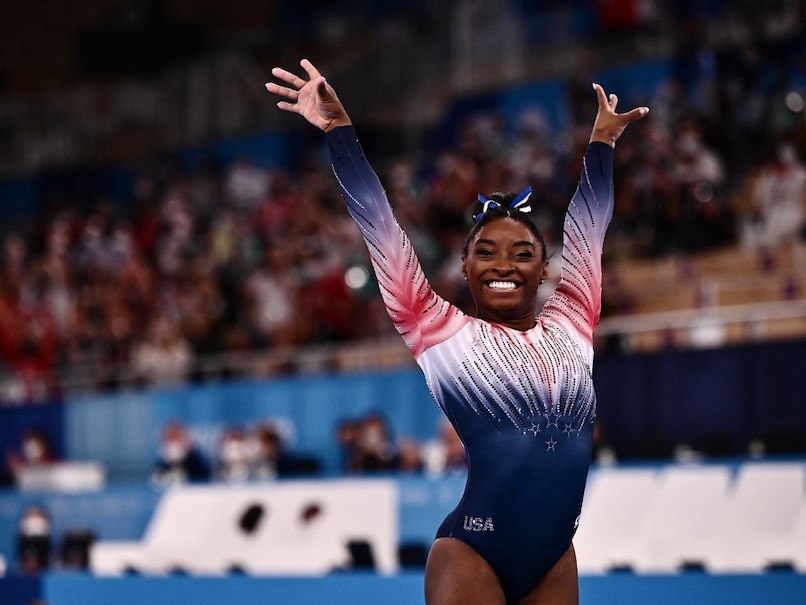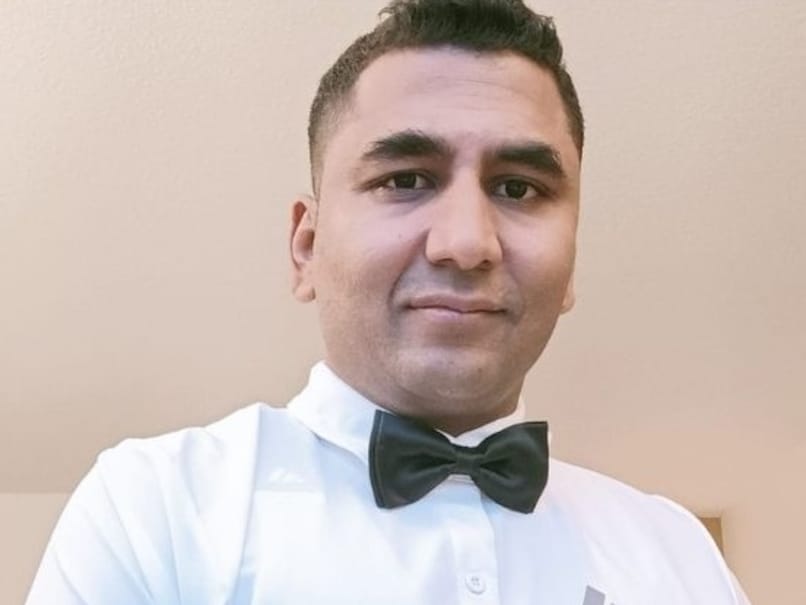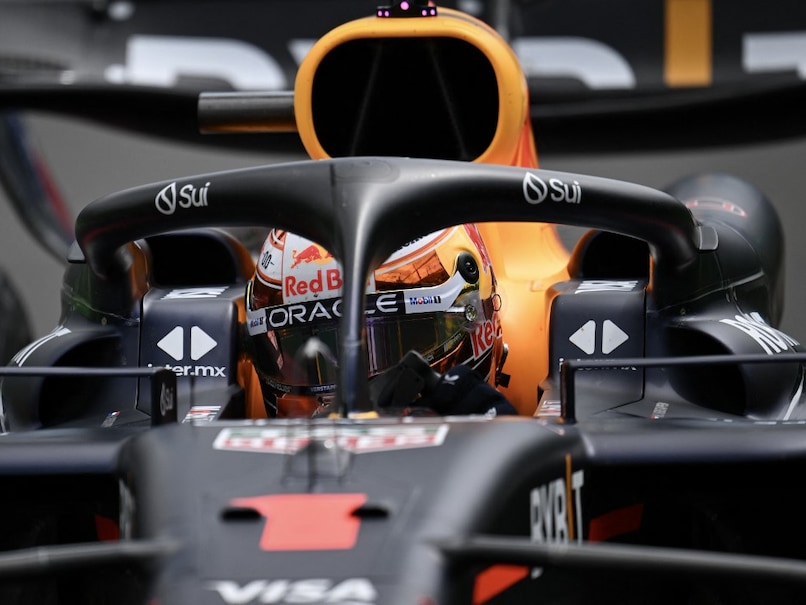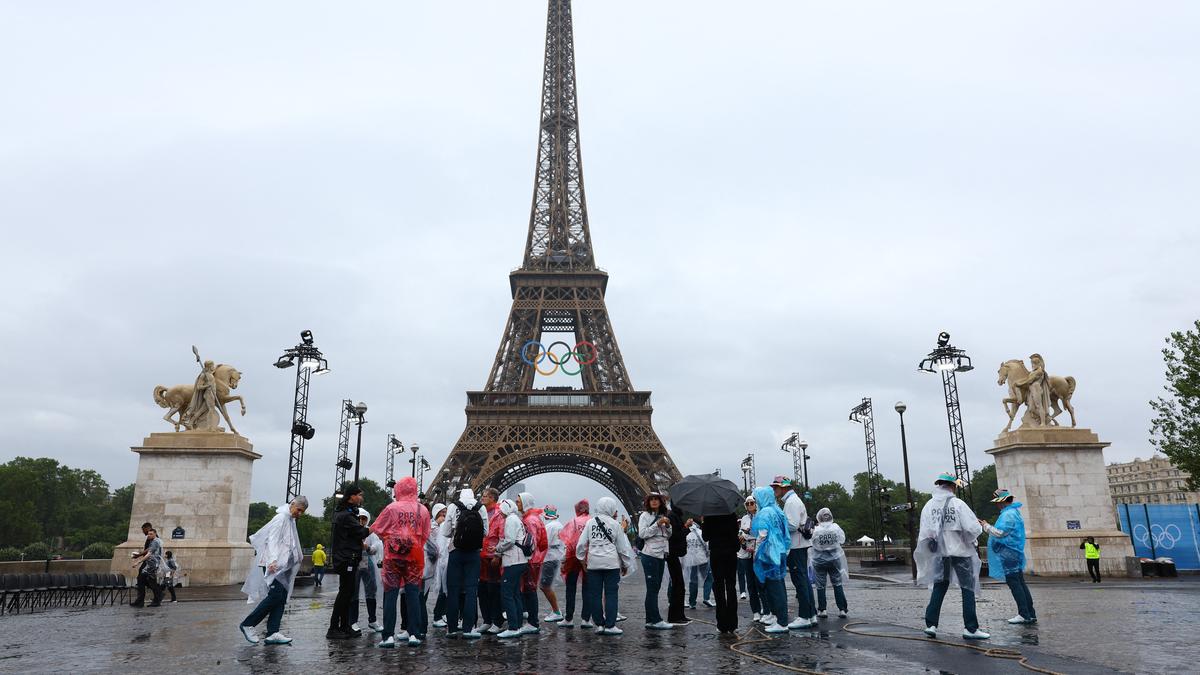Raquel Kochhann: From Cancer Survivor to Olympic Flag Bearer
Raquel Kochhann, a beacon of resilience and determination, has etched her name in the annals of the Paris Olympics and Brazilian sporting history. Her journey to the Games is a testament to the indomitable spirit that resides within her.
Kochhann’s Olympic debut came in Rio 2016, where she represented Brazil in the inaugural rugby sevens competition. However, her path to Paris was fraught with challenges. During the Tokyo Olympics, she discovered a lump in her breast, which was later diagnosed as breast cancer.
The diagnosis was a devastating blow, but Kochhann refused to succumb to despair. Despite her mother’s history of breast cancer, she remained steadfast in her resolve to overcome this adversity. She underwent rigorous treatment, including surgery and chemotherapy, while battling a knee injury that had sidelined her for over 18 months.
Kochhann’s unwavering determination and the support of her medical team propelled her through the grueling recovery process. In January 2023, she made a triumphant return to the Brazilian team at the World Sevens Series event in Perth.
Her return to the field was a testament to her indomitable spirit and the power of perseverance. Kochhann’s presence at the Paris Olympics is not only a symbol of her personal triumph but also an inspiration to countless others facing adversity.
The Paris Olympics opening ceremony was a historic moment, marking the first time it was held outside the main stadium. A massive crowd of 300,000 witnessed the spectacle live from the banks of the Seine, while another 200,000 watched from balconies and apartments overlooking the river.
Kochhann’s journey to the Paris Olympics is a story of resilience, determination, and the triumph of the human spirit. Her presence at the Games is a beacon of hope and inspiration for all who face challenges in their lives.

